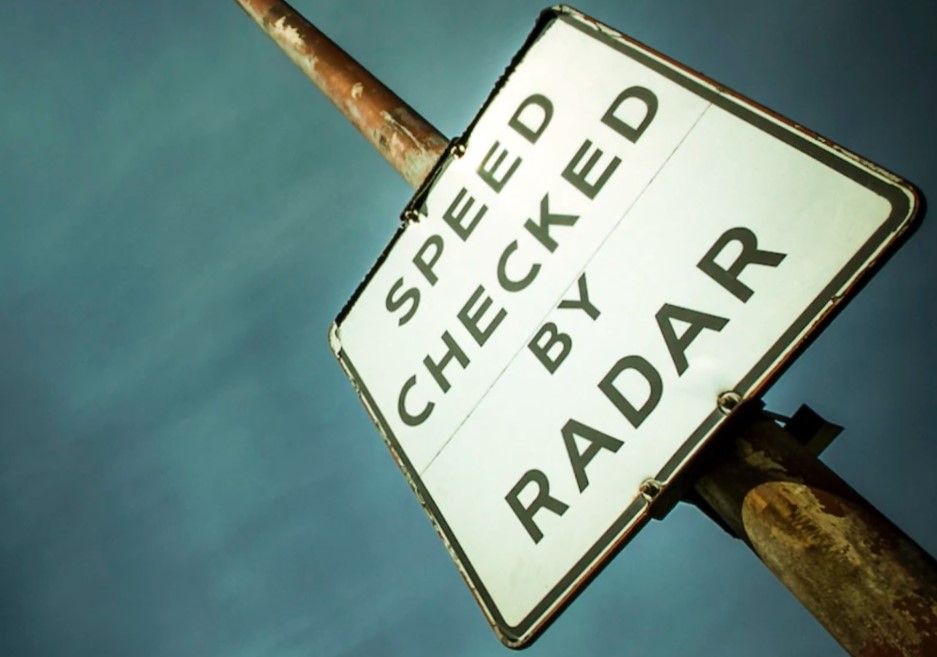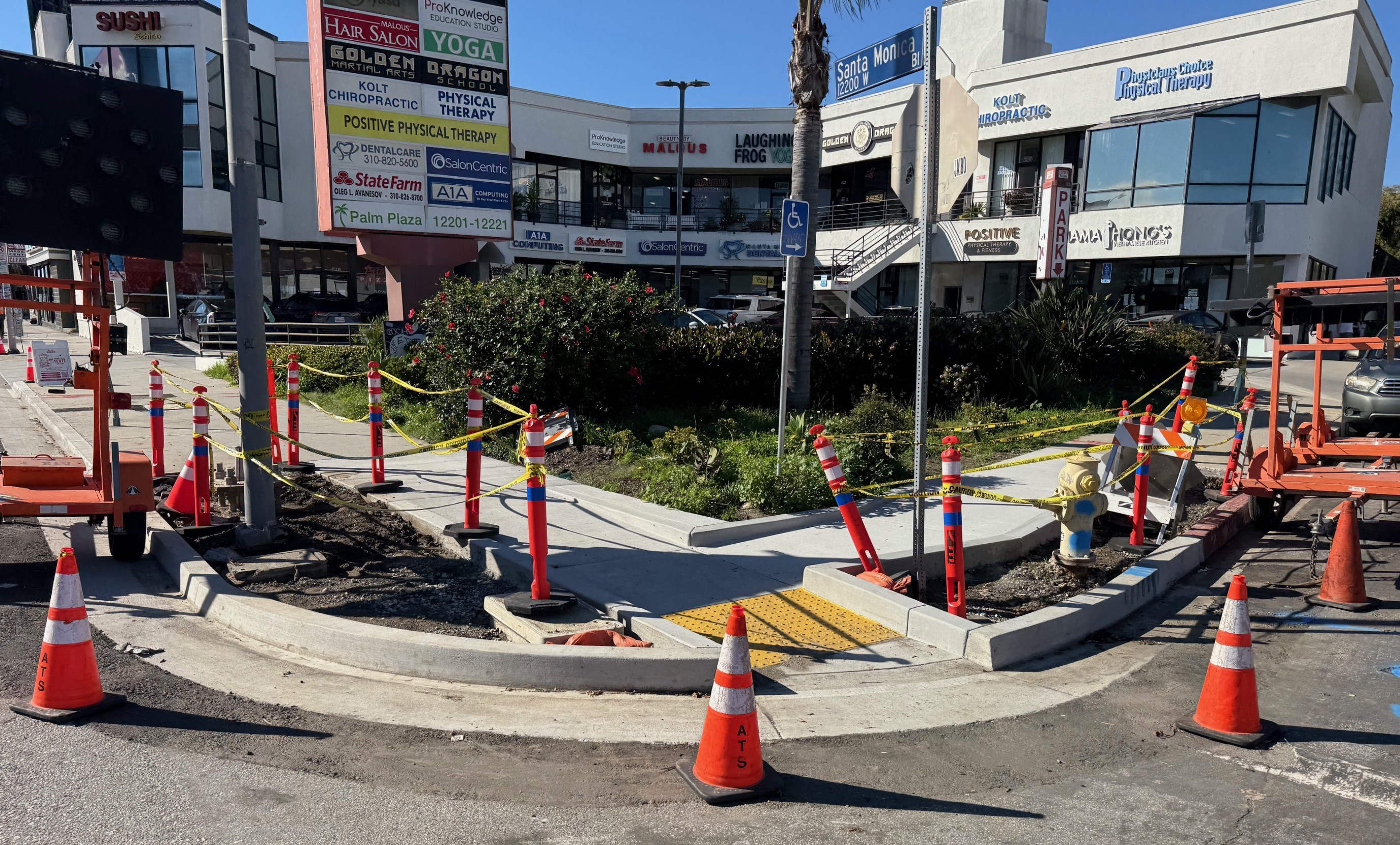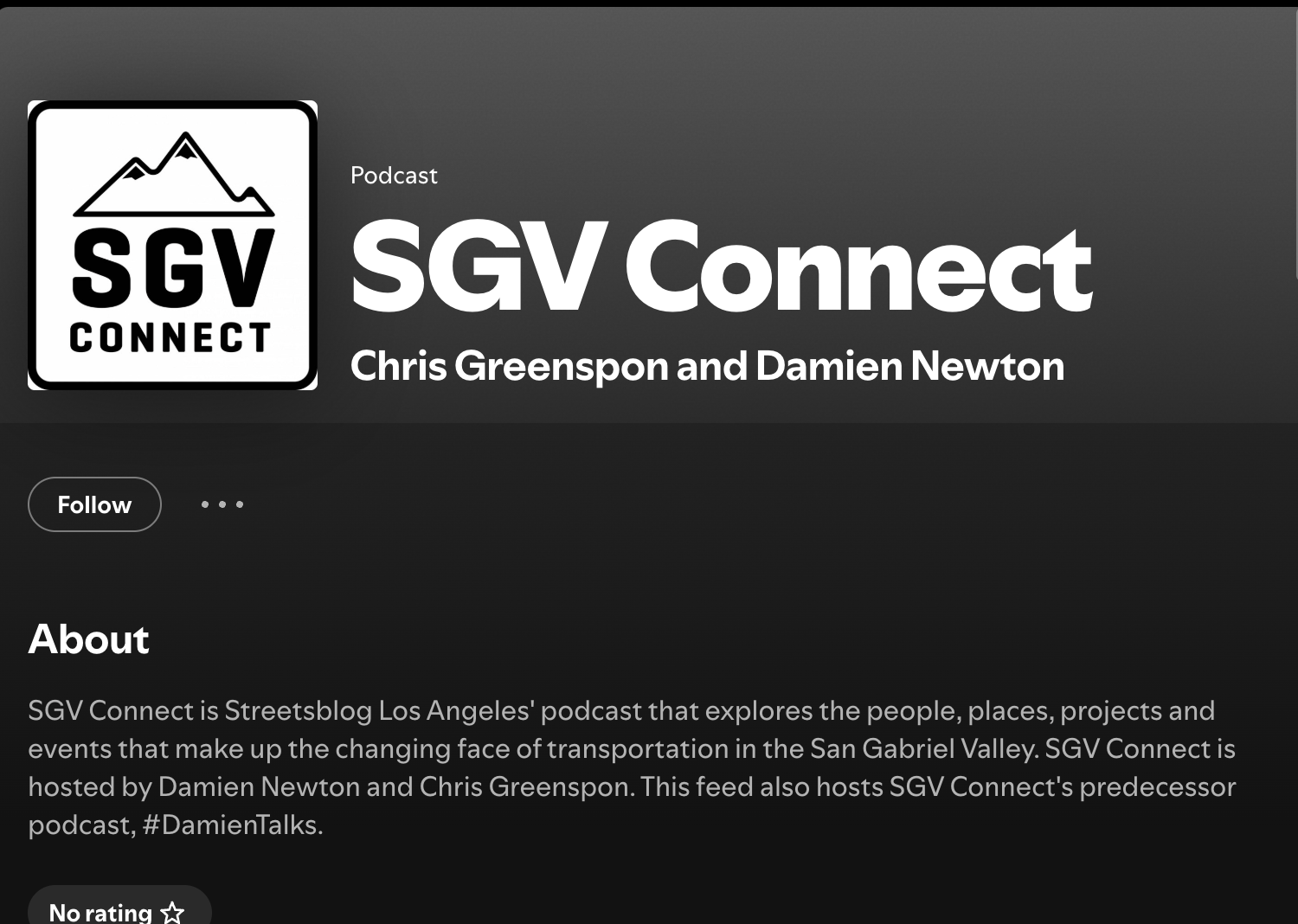There's a rush in cities to apply new transportation technologies like ride-sharing apps and real-time transit data, as exemplified by U.S. DOT's $50 million "Smart City Challenge," which is currently down to seven finalists. Public and private entities in Columbus, for example, recently pledged $90 million to help advance the city's bid to U.S. DOT. But are cities well-equipped to navigate the landscape of tech contractors and make interventions that actually improve people's lives?
Yesterday, advocacy group Transportation for America announced a partnership with Sidewalk Labs (a project of Google parent company Alphabet and former NYC deputy mayor Dan Doctoroff) they're calling "connected streets." The organizations will survey the state of transportation technology in American cities and help policy makers shape the "connected streets of the future."
Stephen Lee Davis at T4A elaborates:
Over the course of the next year, our two organizations will work with dozens of U.S. cities to better define how technology can help them meet their pressing transportation challenges by harnessing powerful data and the availability of new digital tools.
Cities can’t be passive right now as technology and new mobility solutions are combining to change the landscape of cities almost overnight. Cities can either help shape the technology transforming their cities and accomplish their goals, or have themselves be shaped by it. There’s no real third option. It’s crucial for cities to know what kind of city they want to be and set some tangible goals before pursuing technology solutions...
With the Smart Cities Challenge from USDOT wrapping up in the next month with the selection of a winner, 77 other cities that miss out on the $40 million will be left with only the proposal they crafted and their ambitions. Money or no, many of those cities will be serious about finding ways to move their plans forward. In addition, many cities may be navigating a range of third-party private providers and other companies at their doorstep selling products or offering solutions as a result of the competition.
This partnership will not only allow us to provide guidance to cities to proceed thoughtfully, but even more importantly, help them to learn from each other as they set goals and start to figure out how to intentionally move forward with their ambitious plans.
Elsewhere on the Network today: Seattle Bike Blog remembers a woman who died from a fall over her bike handlebars, likely after getting tangled in streetcar tracks. And Rebuilding Place in the Urban Space considers the grey market for off-street parking that develops in neighborhoods with parking permits, and what it says about the real value of curbside parking spaces.







